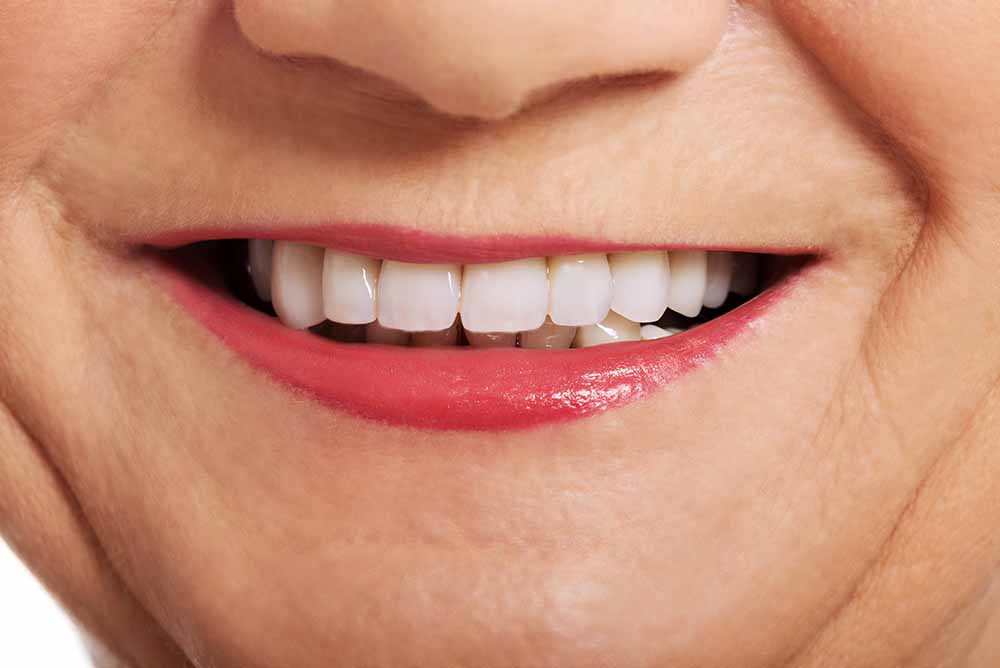For women aged 50 and beyond, a fascinating revelation emerges: many invest more effort in their appearance than in their oral health, a trend highlighted in a recent study conducted by Delta Dental involving over 1,000 women. The findings from Delta Dental's 2023 Senior Oral Health and Menopause Report, titled 'Breaking the Stigma," unveil a reality where 35 per cent of the surveyed women prioritize skincare, haircare, or makeup routines over their oral health regimen.
This preference may well be linked to another intriguing discovery from the survey: a startling lack of awareness regarding the impact of menopause on oral health. Despite the increasing attention to menopause-related issues, many women remain oblivious to the full spectrum of symptoms associated with this life stage. These symptoms span from hot flashes, weight gain, and incontinence to thinning hair, dry skin, and disrupted sleep. Furthermore, many women neither seek nor recognise these symptoms as manifestations of menopause.

A vast majority (84 per cent) of the surveyed women were unaware that menopause could affect their oral health. Nearly 90 per cent had no knowledge of specific oral health risks linked to menopause, such as heightened tooth decay, an increased risk of gum disease, impacts on jaw density, and tooth loss. Additionally, more than three-quarters of the respondents were unaware that menopause can lead to dry mouth and receding gum lines.
While women might not be well-informed about the oral health risks associated with menopause, a significant number are likely experiencing them. A majority (79 per cent) of women over 50 reported observing changes in the appearance of their teeth and gums as they age. Moreover, 70 per cent experienced at least one oral health symptom during menopause, such as a burning sensation on the tongue, altered taste, bleeding gums, tooth sensitivity or pain, tooth decay, receding gum lines, or dry mouth, with the last two being the most common.
Notably, 39 per cent of the women surveyed believed that healthcare providers should take a more proactive role in encouraging discussions about menopause.
But it's not too late to take action. Seventy per cent of women in the survey expressed regret over not giving more attention to their teeth and gums when they were younger. After learning about the potential effects of menopause on oral health, many respondents felt motivated to make up for lost time. Over half (54 per cent) of premenopausal, perimenopausal, and menopausal women stated that they intend to invest more time in their oral health routines.